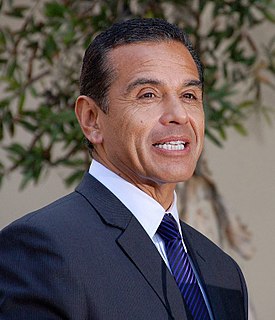A Quote by Joe Klein
In point of fact, 'Simpson-Bowles' has become a symbol, or SimBowl, rather than an actual plan, political shorthand for the process of long-term deficit reduction.
Related Quotes
President Obama has offered a plan with 4 trillion dollars in debt reduction over a decade, with two and a half dollars of spending reductions for every one dollar of revenue increases, and tight controls on future spending. It's the kind of balanced approach proposed by the bipartisan Simpson-Bowles commission.

































